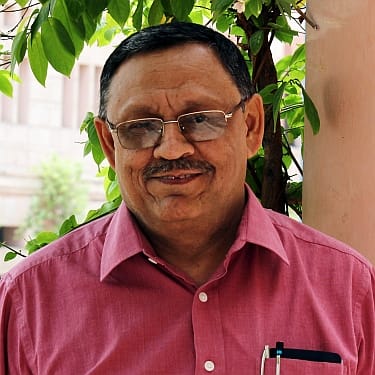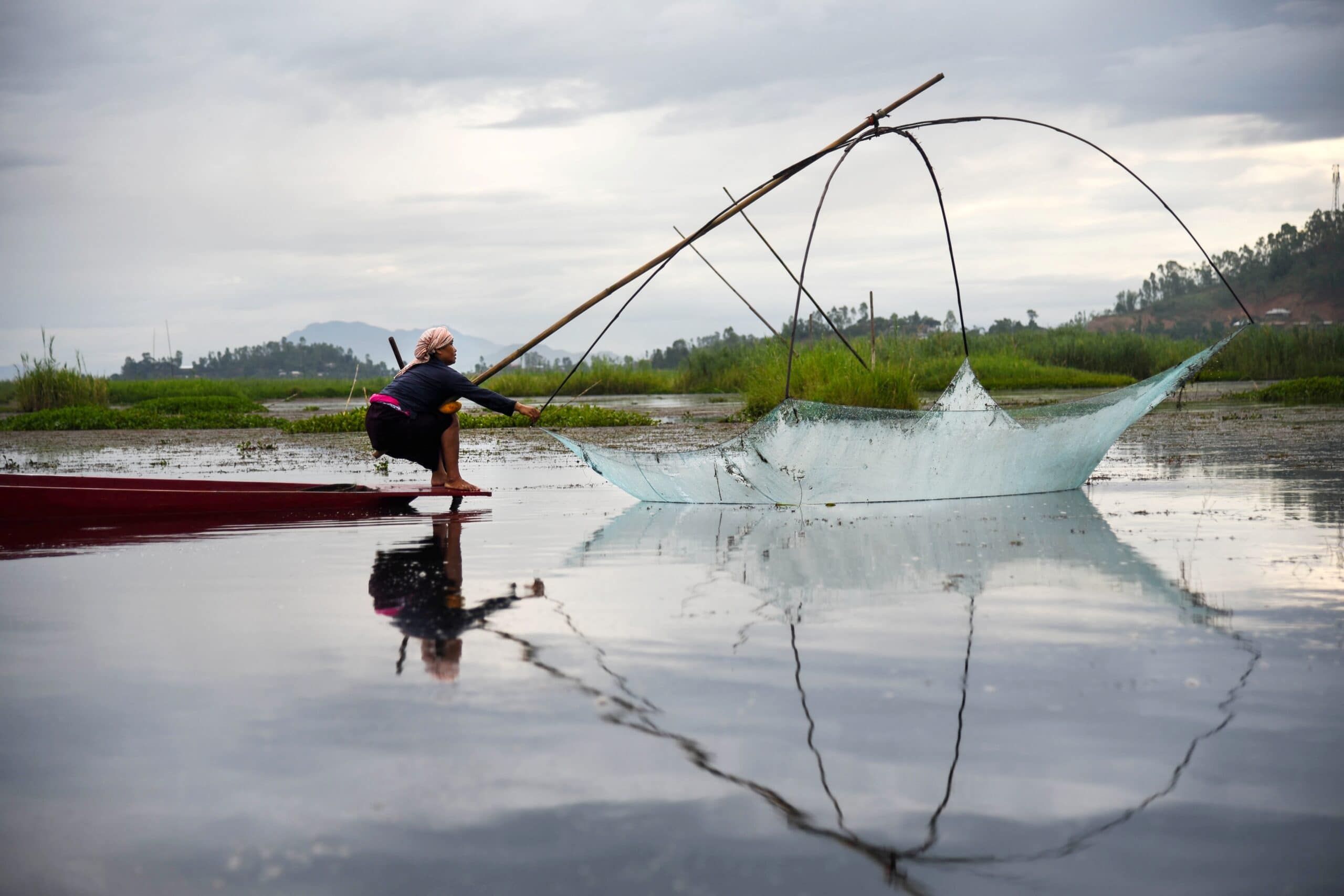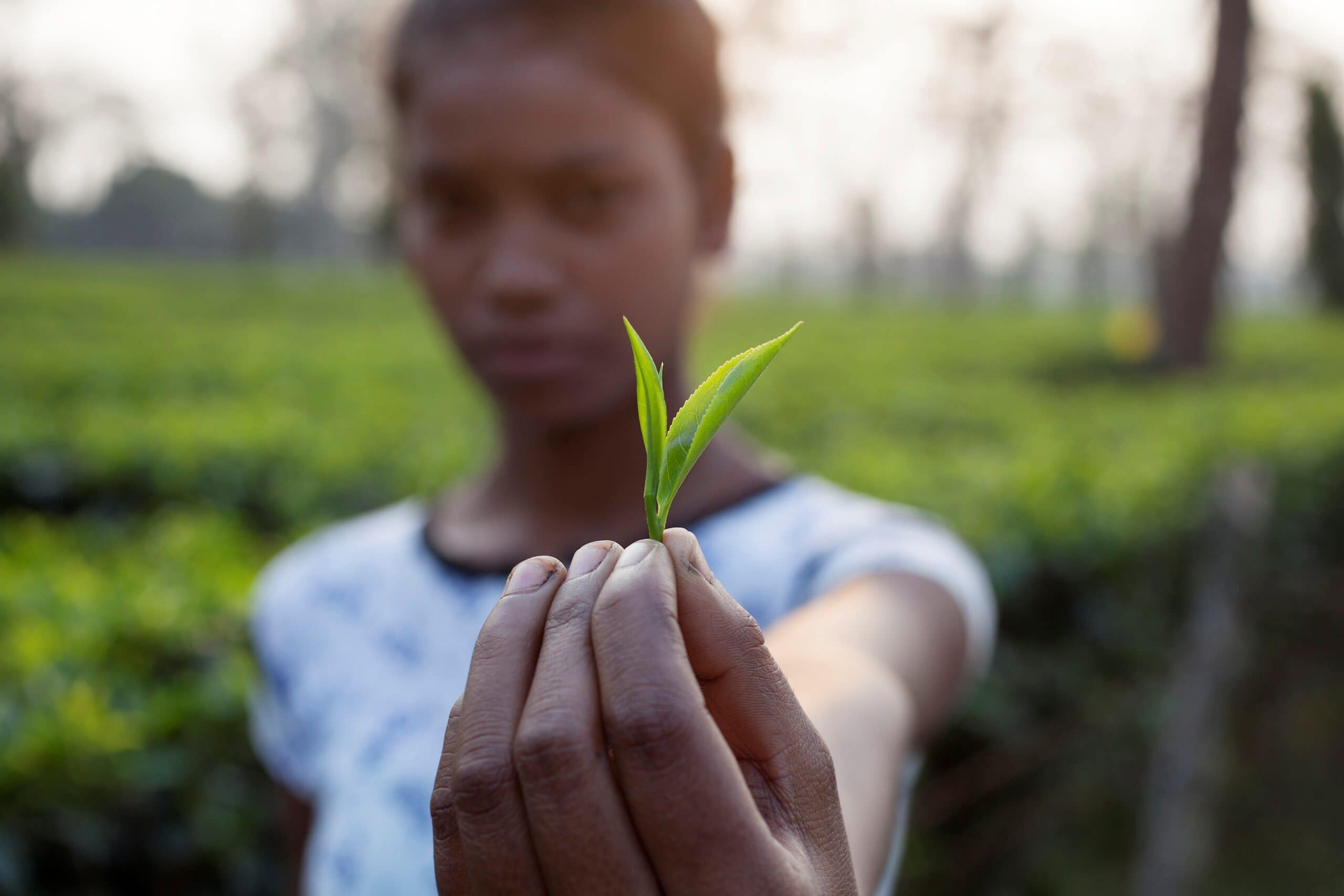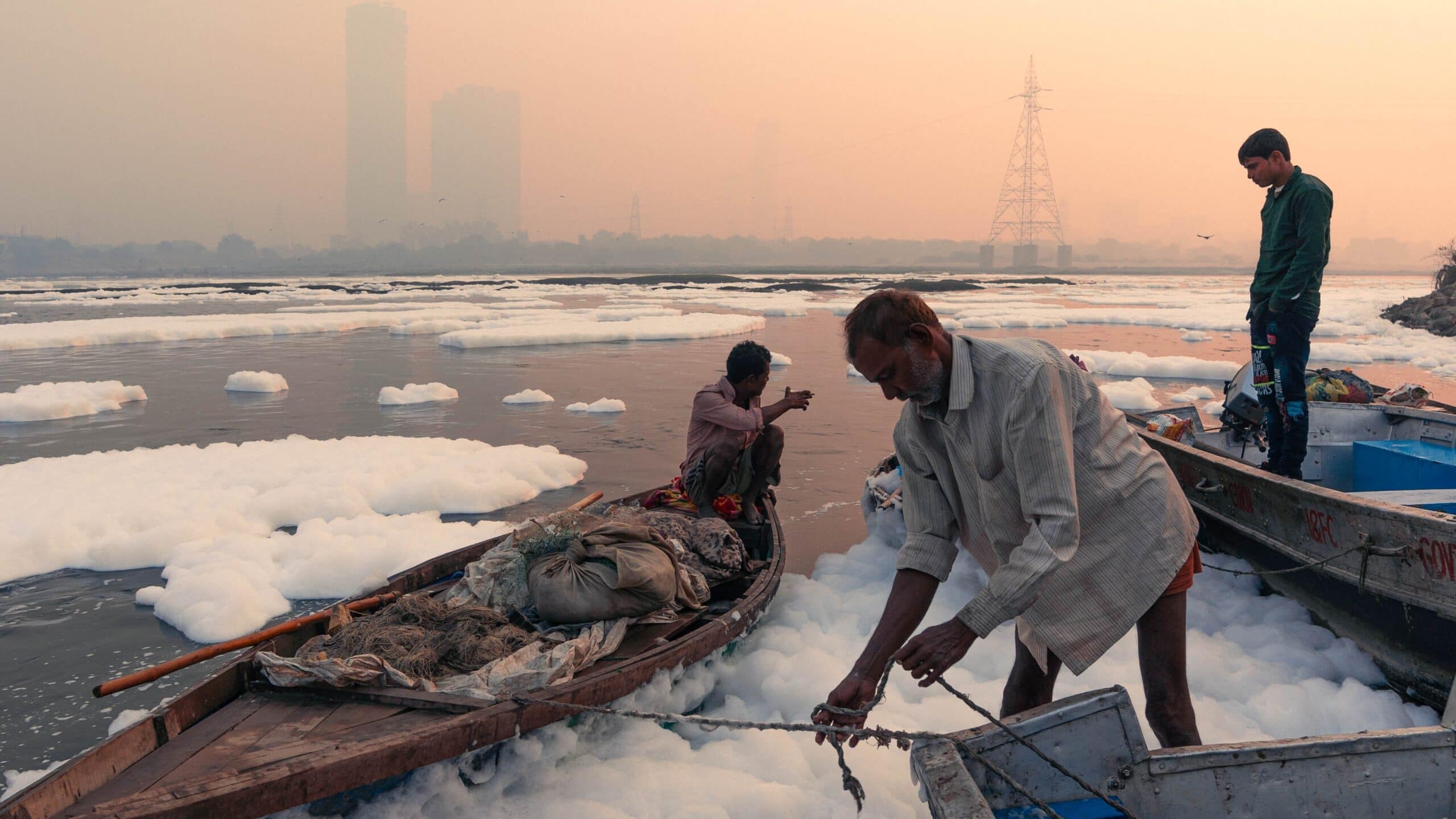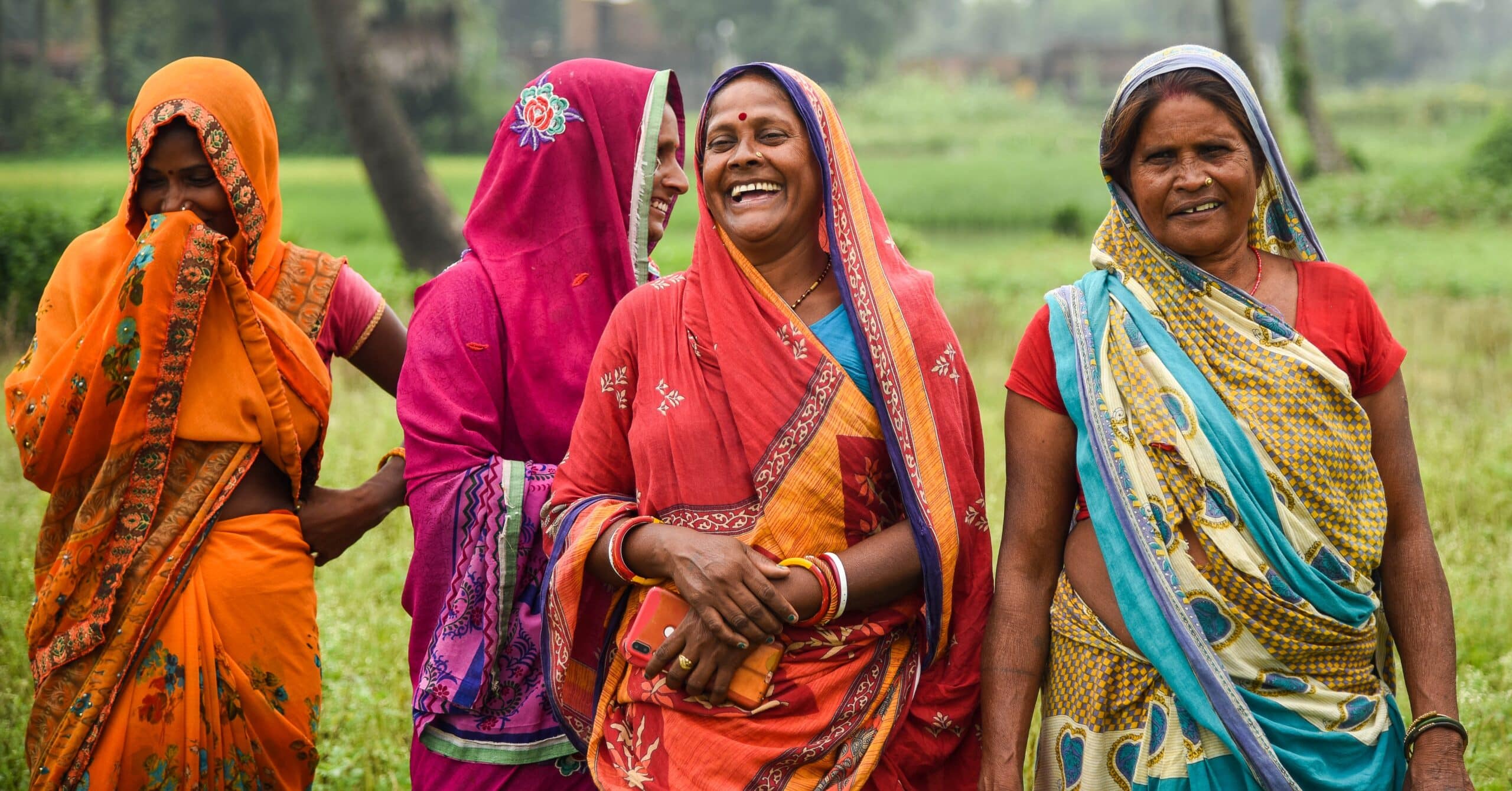India
Despite being one of the fastest growing economies in the world, India faces a number of challenges due to a rapidly increasing population, changing dietary habits and degradation of natural resources. India is one of the most water-scarce countries in the world, a condition that is aggravated as climate change increases the frequency and severity of extreme weather events such as floods and droughts. It is expected that about half of the country’s water demand will not be met by 2030.
Agriculture employs about 50% of India’s workforce and most farmers are smallholders. Irrigation facilities are often poorly maintained, and only about half of the country’s cultivated area is irrigated. Cultivation of the remaining area is dependent on rainfall during the monsoon season, which is highly vulnerable to climate variability. India is increasingly reliant on groundwater, which supports over 60% of the irrigated area and much of the country’s drinking water needs. In parts of the country, overpumping of groundwater for agricultural use is resulting in a decline in the water table.
IWMI in India
IWMI has carried out research on water and agriculture in India for over two decades. With offices in Delhi and Anand, where we are hosted by the Indian Council of Agricultural Research (ICAR), Department of Agricultural Research and Education (DARE), we work closely with ICAR, the government, research institutions, business and corporate social responsibility initiatives to help enhance the impacts of their water interventions. IWMI’s work in India focuses on enhancing water security and agricultural resilience through innovative solutions. A key area of work is integrating solar-powered irrigation systems to provide reliable water sources in water-scarce regions, boosting agricultural productivity and sustainability.
The IWMI-Tata Water Policy Research Program (ITP), launched in 2000, brings together IWMI and the Tata Trusts, a major philanthropic organization, to translate research findings into practical policy recommendations. Additionally, IWMI supports climate adaptation efforts, helping communities better withstand extreme weather events, while ensuring long-term water security through data-driven solutions like water accounting. These efforts aim to transform rural livelihoods and safeguard food production in a changing climate.
Country representative
Get updates
Be the first to know about IWMI research, data, events, and news.


